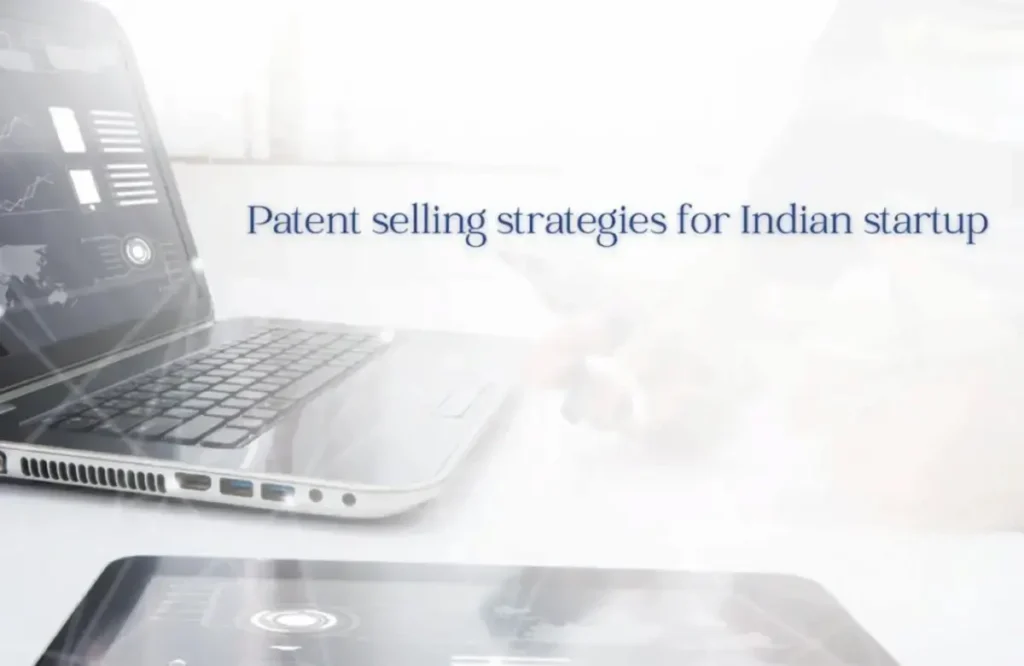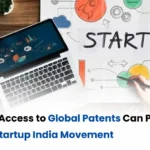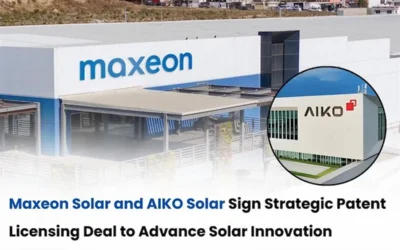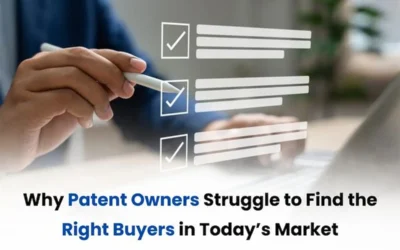
In the current Indian innovation landscape, intellectual property is far more than just a legal formality. It has become a sophisticated financial instrument. For many Indian startups, the journey from a raw idea to a granted patent is long and difficult. However, the real challenge often begins after the grant: extracting actual economic value from these assets. Patent selling strategies and commercialization have emerged as very important for startups that want to optimize their balance sheets and fund their next phase of research and development. This article explains the legal and strategic nuances of the Patent Valuation and selling process within the Indian regulatory framework.
The Importance of Patent Selling for Startups
A patent granted under the Patents Act of 1970 provides the owner with exclusive rights for 20 years. While this sounds like a long time, holding a patent is not free. It requires regular maintenance fees and administrative oversight. For a lean startup, patent selling offers a way to turn these ongoing costs into immediate liquid capital.
By choosing to engage in patent selling strategies or licensing their intellectual property, a startup can secure funding without giving away company equity. This is often a much more attractive route for founders. Furthermore, having a clear strategy for patent monetization and selling shows investors that the company knows how to manage its proprietary technology and understands the broader intellectual property market.
Selecting the Right Valuation Model for a Successful Patent Sale
Before a startup can enter a patent-selling discussion with a buyer, it must have a realistic valuation. Unlike a piece of real estate or a vehicle, a patent’s value is subjective. It depends on how easily the technology can be used in the industry and whether the patent is free of legal disputes.
In India, there are three main ways to value a patent:
- The Cost Approach: This looks at the total money spent on research, development, and the legal filing process.
- The Market Approach: This compares the patent to recent patent selling transactions involving similar technologies in the same industry.
- The Income Approach: This estimates the future cash flow or royalties the patent is likely to generate over its remaining life.
For successful outcomes, startups should prioritize the income approach. This method is the most persuasive for buyers because it focuses on the future economic benefits they will receive, which helps the startup justify a higher price during the patent selling process.
Choosing Between Ownership Transfer and Revenue-Sharing Models
Startups in India have several legal paths to realize the value of their inventions. Each choice involves different rules regarding who owns the rights and who is responsible for legal liabilities.
Outright Assignment and Patent Selling
An outright sale is the most permanent option. It involves transferring full ownership through a written document called an Assignment Agreement. According to Section 68 of the Patents Act, patent selling through assignments must be in writing and officially registered with the Controller of Patents to be valid. This is the most common method for large corporations that want to dominate a market or ensure they have the freedom to operate without being sued for Patent infringement.
Exclusive and Non-Exclusive Licensing
If a startup wants to keep its ownership while still making money, licensing is the better choice. Unlike patent selling, which transfers all rights, licensing allows the startup to collect ongoing royalty payments. They can even license the technology to different companies in different sectors.
Working with Patent Brokers and Auctions
Sometimes it is hard to find the right buyer on your own. Specialized brokers can help manage the patent selling process by connecting startups with global buyers. These brokers understand the technical claims within a patent and can ensure the startup does not sell its hard work for less than it is worth.
Read Also: Licensed Technology vs In-House R&D: A Strategic Comparison
Legal Due Diligence in Patent Acquisition
When a startup prepares for patent selling to another company, it must be ready for a deep legal investigation. Buyers will check everything to make sure the patent is strong and cannot be easily cancelled under Section 64 of the Patents Act.
To ensure the patent selling process goes smoothly, startups should check the following:
- Ownership Records: Make sure there is a clear paper trail showing the move from the individual inventor to the startup entity.
- Payment History: All renewal fees must be fully paid up. If a patent lapses because of a missed payment, it becomes worthless for the purpose of patent selling.
- Claim Strength: The legal claims must be broad enough to be useful but specific enough to be defended in court.
Final Thoughts on Patent Selling Strategies
For Indian startups, moving from being a simple patent holder to a proactive participant in patent selling strategies requires a change in perspective. Monetization is not just an end goal; it is a proactive part of a smart business plan. By understanding the legal rules of the Indian Patent Office and the basics of financial valuation, startups can ensure their inventions do more than just sit in a filing cabinet.
Through focused patent selling strategies and a strong grasp of the acquisition market, Indian entrepreneurs can turn their technical brilliance into financial stability.









